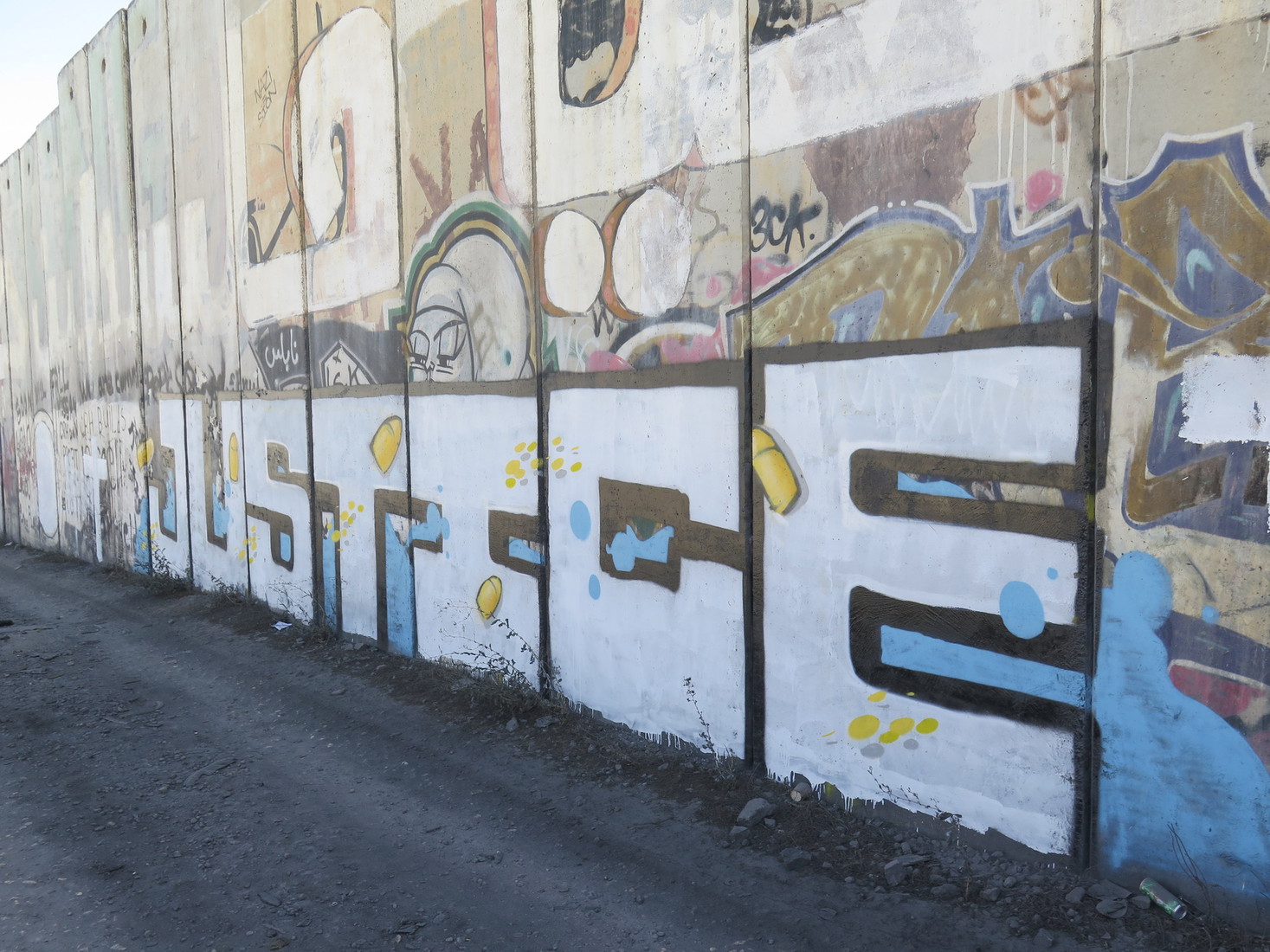
Israel’s decision to deport the Human Rights Watch staffer is part of a broader effort to silence people speaking out for Palestinian rights.
On November 5, 2019 the Israeli Supreme Court upheld a May 2017 Israeli government decision to deport Omar Shakir, Human Rights Watch Israel and Palestine director. Last year, the Israeli government revoked Omar’s visa after producing a dossier on him going back 10 years to his time as an undergraduate student and before he worked for HRW. The dossier alleged that Omar was biased and that he had supported boycott, divestment, and sanctions (BDS) actions as a student.
It’s important to note that HRW does not support BDS. When Omar was first targeted by the Israeli government, HRW made a point of saying that the decision was not a sweeping targeting of the organization itself. But Israel’s legal response in defending its revocation of Omar’s visa pointed to HRW reports on illegal Israeli settlements and possible violations of international law by corporations doing business in settlements. Israel argued that HRW reports on violations by companies like AirBnB that operate in illegal settlements effectively equate to support for BDS.
In upholding the decision to revoke Omar’s visa, the Israeli Supreme Court agreed with the Israeli government. The ruling sets a dangerous precedent as it affirms earlier rulings that equated research and advocacy that calls for businesses to end complicity in abuses in illegal settlements with support for BDS. And this decision could impact many international organizations like Oxfam, Amnesty International, the Carter Center, and Norwegian People’s Aid that advocate against Israel’s illegal settlement policy but do not formally endorse or engage in BDS.
The court’s decision comes amid a broader, coordinated effort to limit the voices of people speaking out for Palestinian rights.
Earlier this year, the U.S. revoked the valid visa of Omar Barghouti, one of the co-founders of the BDS movement. He is a strong advocate for equality for all and the use of BDS as a nonviolent change strategy. But his visa was revoked just as he was slated to travel to the U.S. for a speaking tour and to attend his daughter’s wedding, even though he had completed his college studies in the U.S. and has traveled here frequently. The Israeli government is now also trying to deport Omar who is a permanent Israeli resident.
In late March, Palestinian-American poet Remi Kanazi was denied a visa to Australia where he was invited to perform. That happened after a smear campaign in Australia accused him of anti-Semitism and support for violence. Remi was forced to cancel his planned performances – another voice speaking forcefully for Palestinian rights silenced.
The ruling against Omar Shakir also reinforces the Israeli government’s blacklisting of 20 organizations, including AFSC, because of their support for BDS.
The Israeli government’s actions cannot be separated from the ongoing effort in the United States to outlaw support for BDS. Laws designed to stop constitutionally protected boycott and divestment actions – actions designed to end corporate complicity in Israeli human rights abuses – have passed in 27 states. And both the U.S. House and Senate are considering resolutions against BDS.
At a time when the Israeli government is moving to the right and annexation of Palestinian territory looks increasingly likely, the international community must work to protect -- not punish – individuals trying to protect Palestinian human rights and end Israeli abuses. The U.S. and the rest of the international community should speak out on behalf of Omar Shakir, opposing this and other dangerous moves to silence human rights defenders and restrict those advocating on behalf of Palestinian rights.